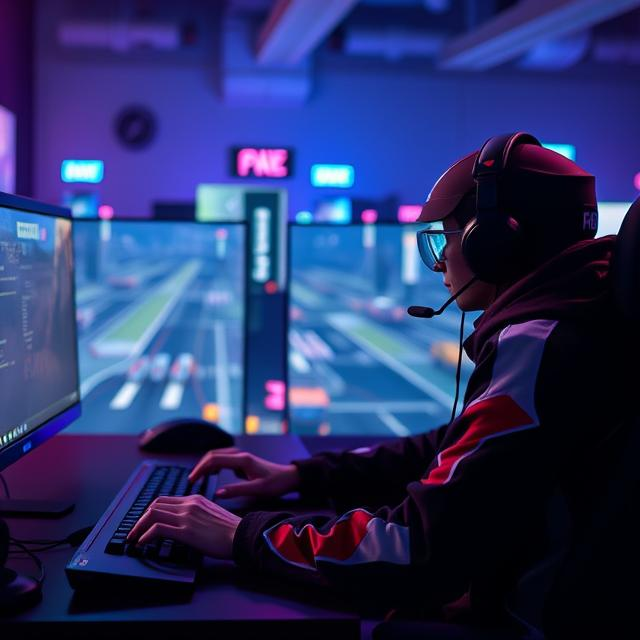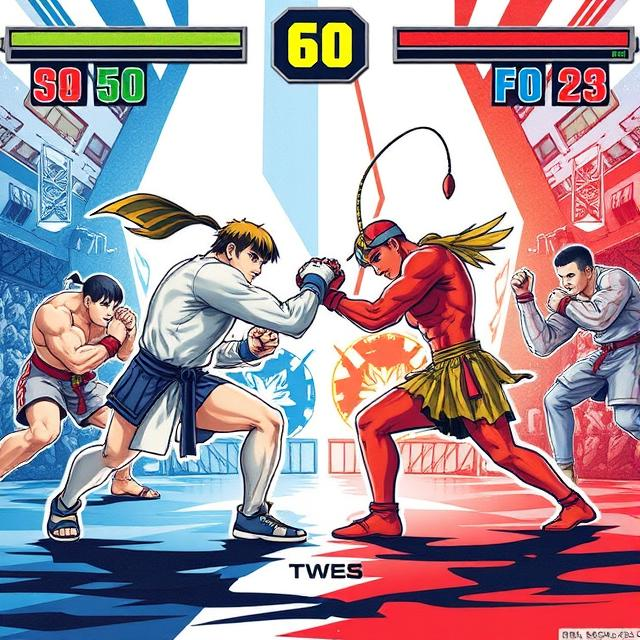Becoming a pro isn’t just about reaching Challenger or Radiant anymore — teams want more than raw rank. So how do esports orgs discover the next breakout stars? Here’s how scouting actually works behind the scenes.
1. Stats + Data Tracking
Teams look at win rates, kill participation, consistency, clutch percentage, and role flexibility. Tools like Tracker.gg, OP.GG, and DOTABUFF help scout potential. High rank gets you noticed — data seals the deal.
2. Scrim & Custom Lobby Observations
Many coaches run “tryouts” in private lobbies to test communication, synergy, and pressure handling. Some orgs even scout from high-ELO customs, not just ranked queues.
3. Behavior & Mentality Checks
Tilt-prone? Toxic in comms? You’re out. Teams prioritize emotional stability and coachability just as much as mechanical skill.
4. Social Media Presence
Yep — being active helps. Clips, thoughtful posts, and a clean rep can tip the scales. Orgs want players that represent the brand both in and out of the server.
5. Academy Teams & Tier-2 Leagues
Like in traditional sports, many teams have development rosters. Consistent performance in minor leagues (e.g., Challengers, Open Quals) is a direct pipeline to the big stage.
In today’s esports world, it’s not about being the loudest — it’s about being the most complete player. Skill opens the door. Attitude gets you signed.



Leave a Reply